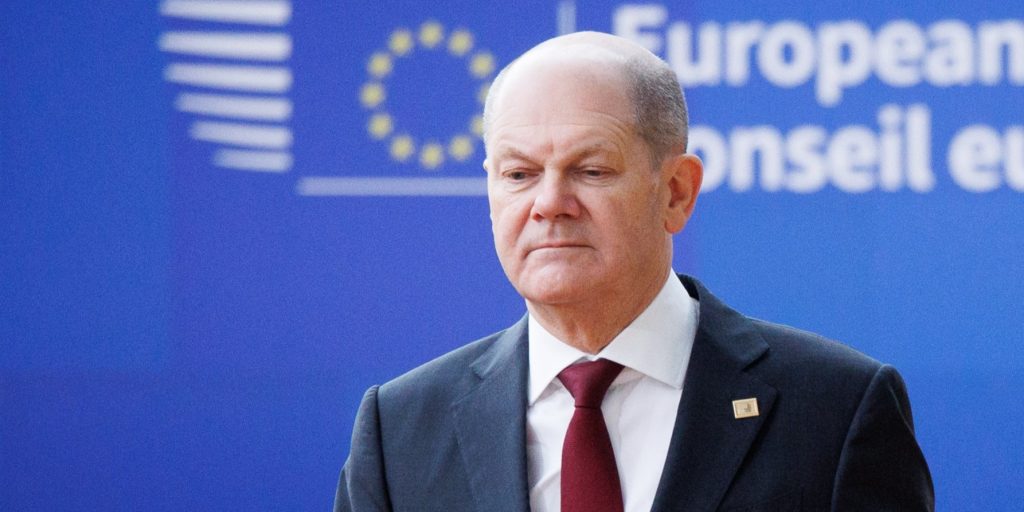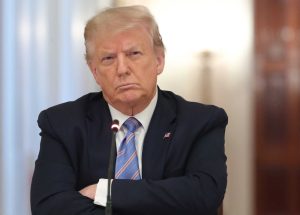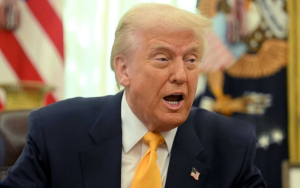Scholz has blocked a major military aid package to Ukraine.
Others are reading now
German Chancellor Olaf Scholz has stopped a proposed €3 billion military aid package for Ukraine, which had been pushed by Foreign Minister Annalena Baerbock and Defense Minister Boris Pistorius, according to sources cited by Der Spiegel.
The two ministers had reportedly begun drafting the package after the collapse of the ruling coalition in November 2024. They aimed to secure the delivery of weapons to Ukraine ahead of Germany’s federal elections, scheduled for February 23.
The proposed aid, prepared by the Ministry of Defense, included three IRIS-T air defense systems, munitions for Patriot systems, ten wheeled howitzers, and artillery shells.
The plan was for the funds to be allocated through the budget committee as an unscheduled expenditure, a method Germany has used before to assist Ukraine.
Also read
In their appeal to the budget committee, the ministers highlighted the worsening situation for Ukrainian forces on the battlefield and uncertainty about future U.S. support after Donald Trump’s return to the White House.
Scholz Rejects the Proposal
Despite these arguments, Scholz’s office opposed the initiative.
According to Der Spiegel, the chancellor does not want to commit the next government to major decisions before the elections and does not view the aid as urgent. The chancellery has stated that Germany already plans to provide approximately €4 billion in assistance to Ukraine this year.
Additionally, Kyiv is expected to receive significant funds—around $50 billion—from frozen Russian assets held by the U.S. and EU.
Election Concerns
Representatives of Scholz’s Social Democratic Party (SPD) believe the chancellor may be avoiding further arms shipments to Ukraine during the election period to avoid alienating voters.
Meanwhile, the Green Party has advocated for increasing defense spending, potentially appealing to its own supporters.
A December poll indicates that the opposition CDU/CSU bloc has the support of 31% of voters, while Scholz’s SPD lags behind at 17%. The far-right Alternative for Germany (AfD) has gained 20% support, while the Greens are at 11%. The liberal FDP and the newly formed left-wing Sahra Wagenknecht Alliance (SWV) stand at 5% and 8%, respectively.
If these numbers hold, the CDU/CSU is likely to win the elections and lead the next government, with Friedrich Merz as chancellor. Merz has already pledged to supply Ukraine with TAURUS long-range missiles if elected.








